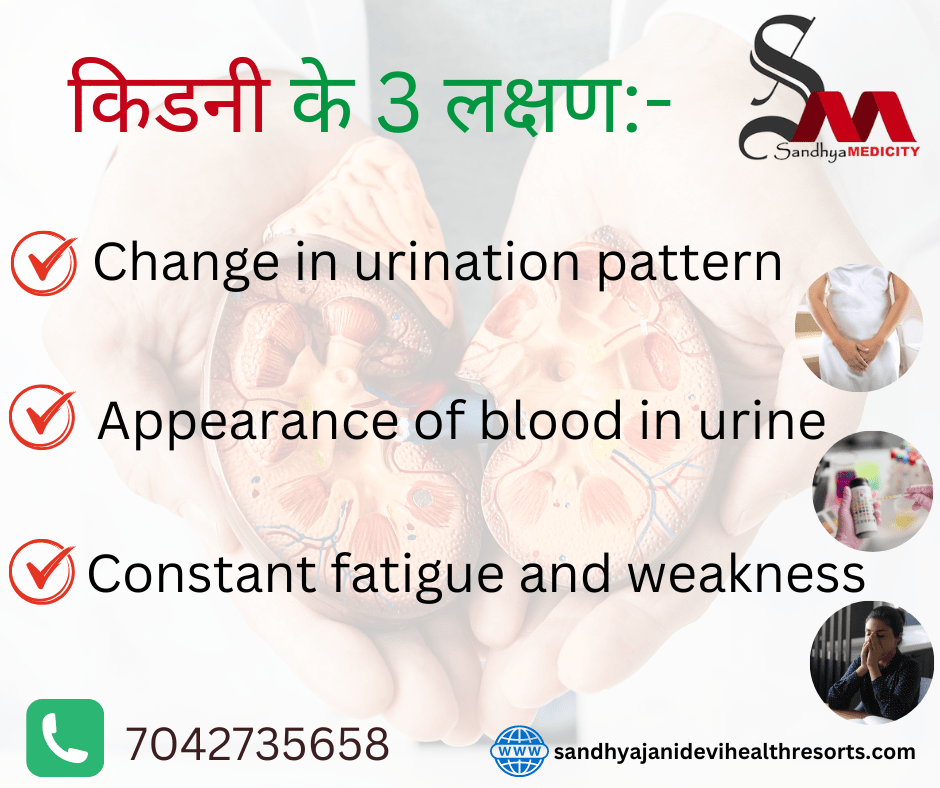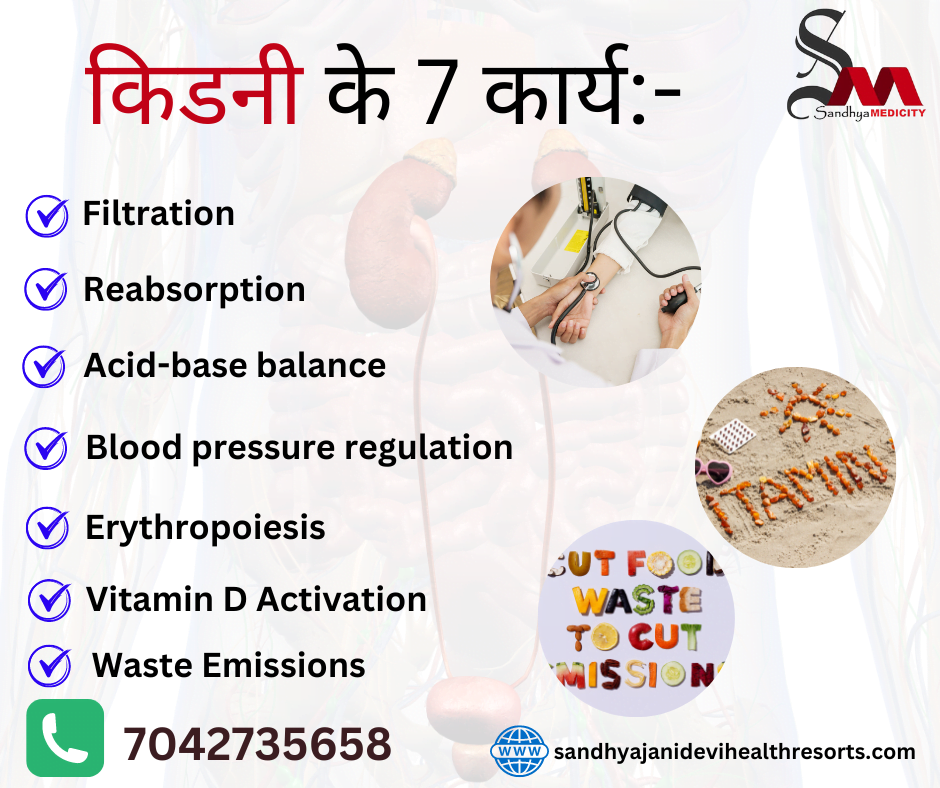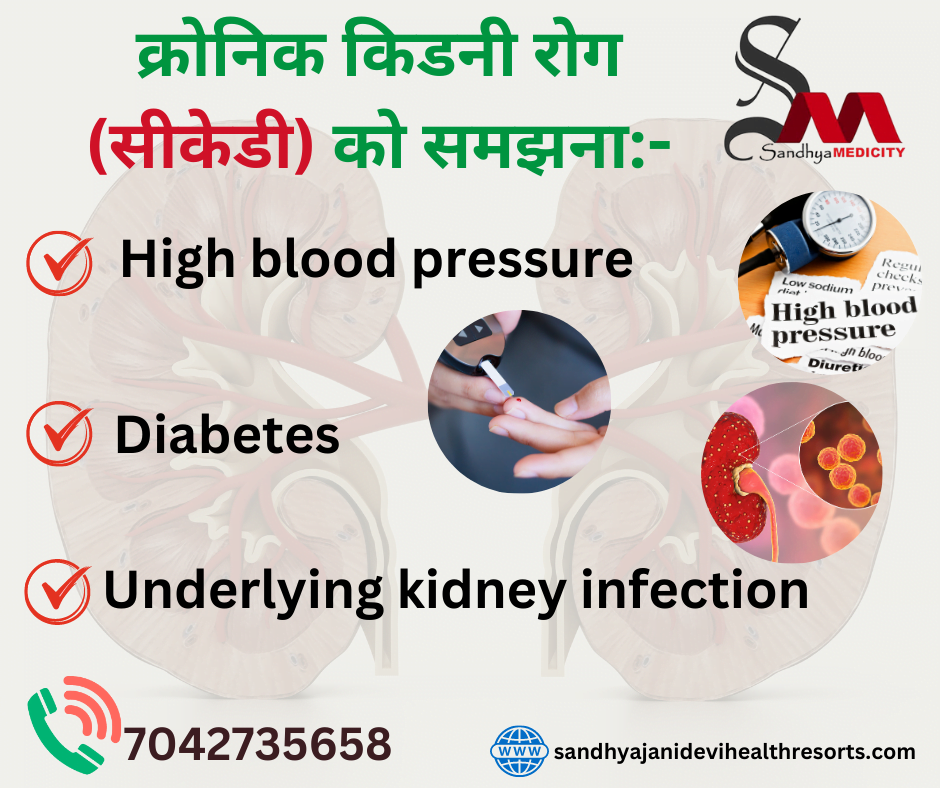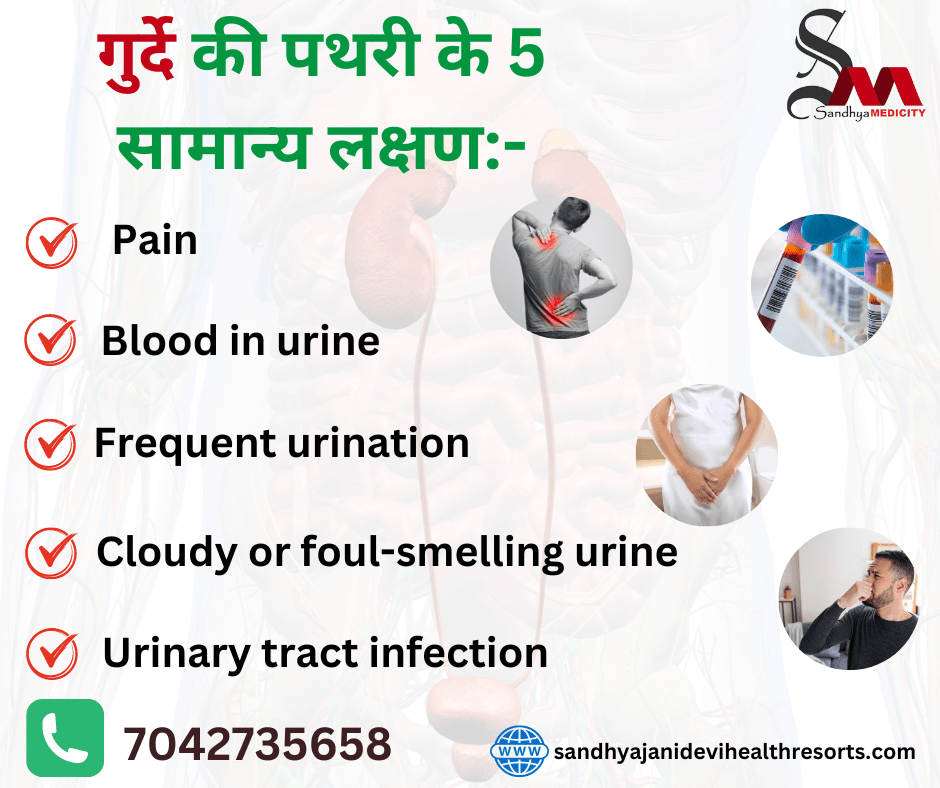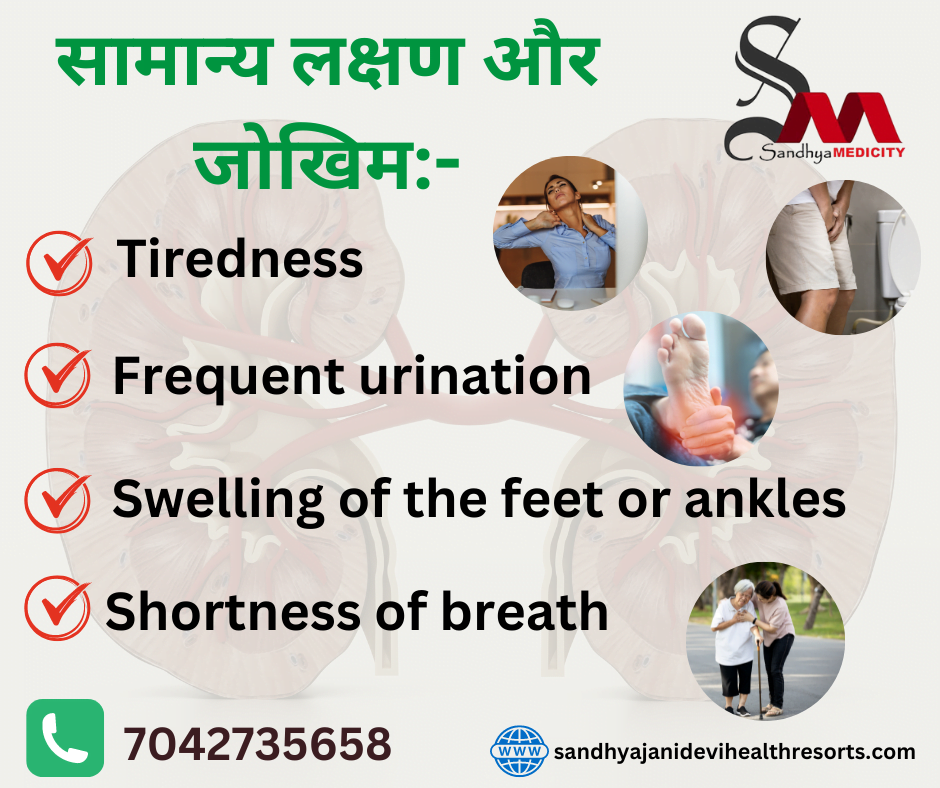What are 3 symptoms of kidney?
Welcome back to our blog, where we bring you the latest health information and valuable insights. Specifically, we’ll explore 3 symptoms of kidney that may indicate an underlying kidney problem. Understanding the Importance of Kidney Health Before we delve deeper into the symptoms, it is important to understand the important role our kidneys play in maintaining overall health. The fist-sized kidneys are responsible for filtering waste products from the blood, regulating fluid balance, and producing essential hormones. When they are compromised, a ripple effect can occur throughout the body, leading to serious complications. 3 Symptoms of Kidney Symptom 1 – Change in urination pattern One of the first indicators of kidney disease is a change in urination patterns. You may feel a strong urge to urinate frequently, especially during the night (called nocturia). Conversely, some individuals may experience a decrease in urine volume or difficulty initiating urination. These irregularities may result from a reduced ability of the kidneys to perform their fundamental function of regulating fluid balance. Symptom 2 – Appearance of blood in urine Another alarming symptom to watch out for is hematuria, or the presence of blood in the urine. This often appears as pink, red or brown discoloration. Although it is important not to panic, as it can be caused by various factors, it should never be ignored. Blood in the urine may indicate infection, kidney stones, or worse, kidney damage or inflammation. Symptom 3 – Constant fatigue and weakness Finally, if you find yourself constantly feeling tired and weak, it could potentially be a sign of kidney failure. This symptom is caused by a failure by the kidneys to adequately produce a hormone called erythropoietin, which is responsible for stimulating red blood cell production. A decrease in red blood cells reduces oxygen transport throughout the body, resulting in fatigue, weakness, and difficulty concentrating. Prevention and lifestyle Prevention is always better than cure. Although not all kidney disease can be avoided, several lifestyle choices can make a significant contribution to maintaining kidney health. First of all, stay adequately hydrated by drinking appropriate amount of water every day. It helps ensure ideal functioning of your kidneys and prevents the formation of kidney stones. Secondly, maintain a nutrient-rich, balanced diet focusing on fruits, vegetables, whole grains, and lean proteins. It promotes overall health and reduces the risk of developing kidney-damaging conditions like diabetes and high blood pressure. Finally, regular exercise and weight management play an important role in kidney health. Physical activity helps regulate blood pressure, control weight, and improve circulation, all of which support optimal kidney function. Conclusion:- This concludes our blog on the three symptoms of kidney disease. Remember, being attentive to your body and recognizing warning signs can make a big difference. If you found this information valuable, please like, share and subscribe to our channel for more health related content. Take care of yourself, and stay healthy until next time. Ayurveda Kidney Treatment Sandhya Jani Devi Health Resort we provide Ayurveda Treatment
What are 3 symptoms of kidney? Read More »


